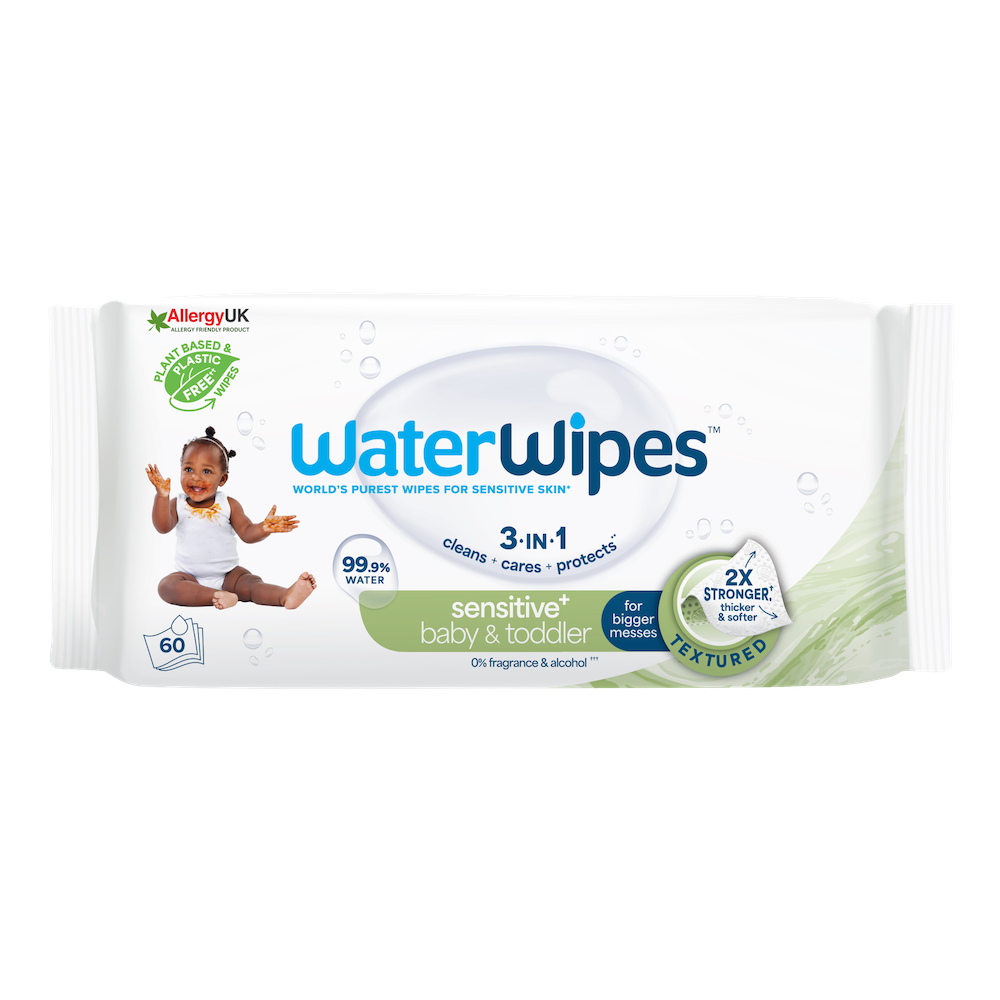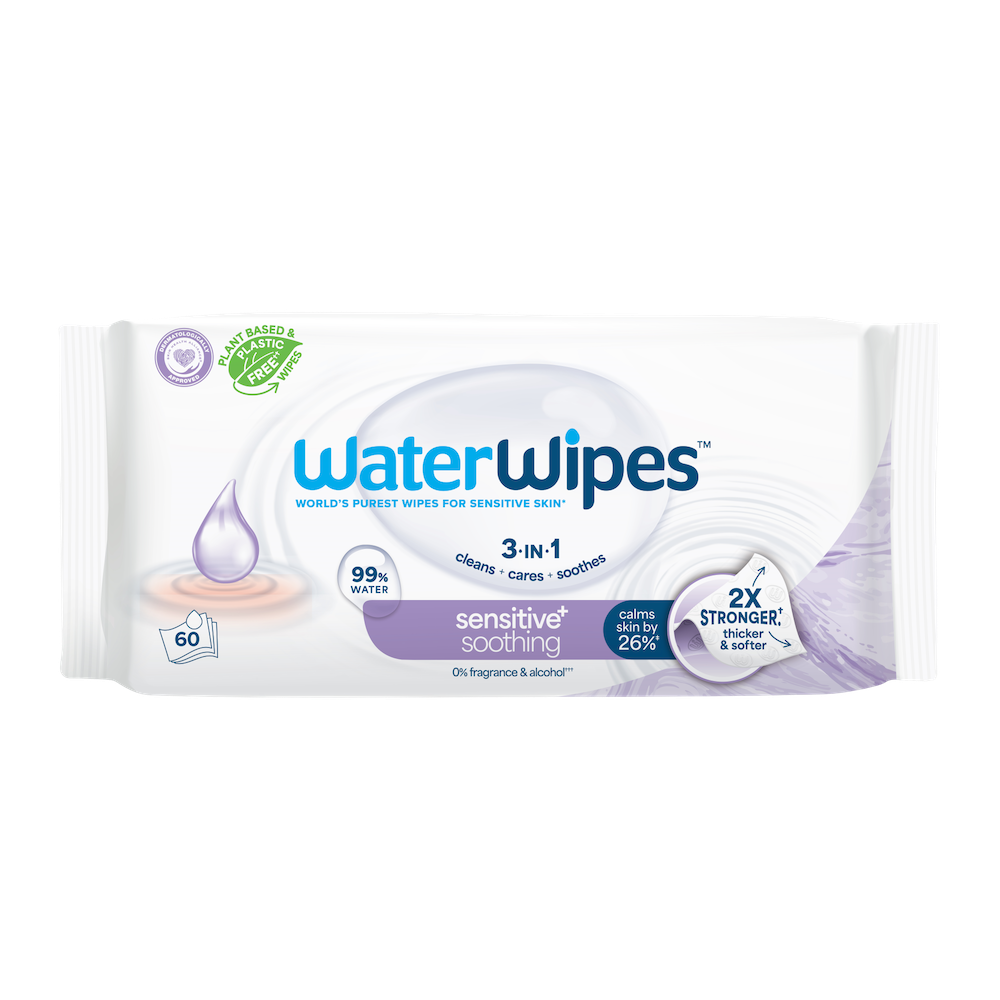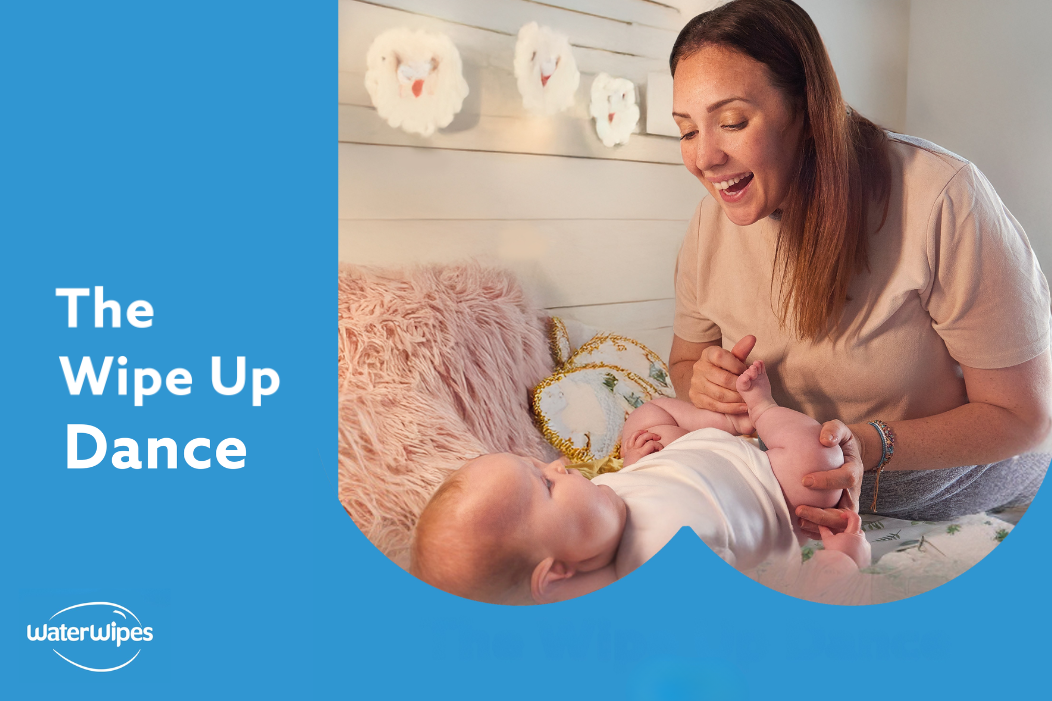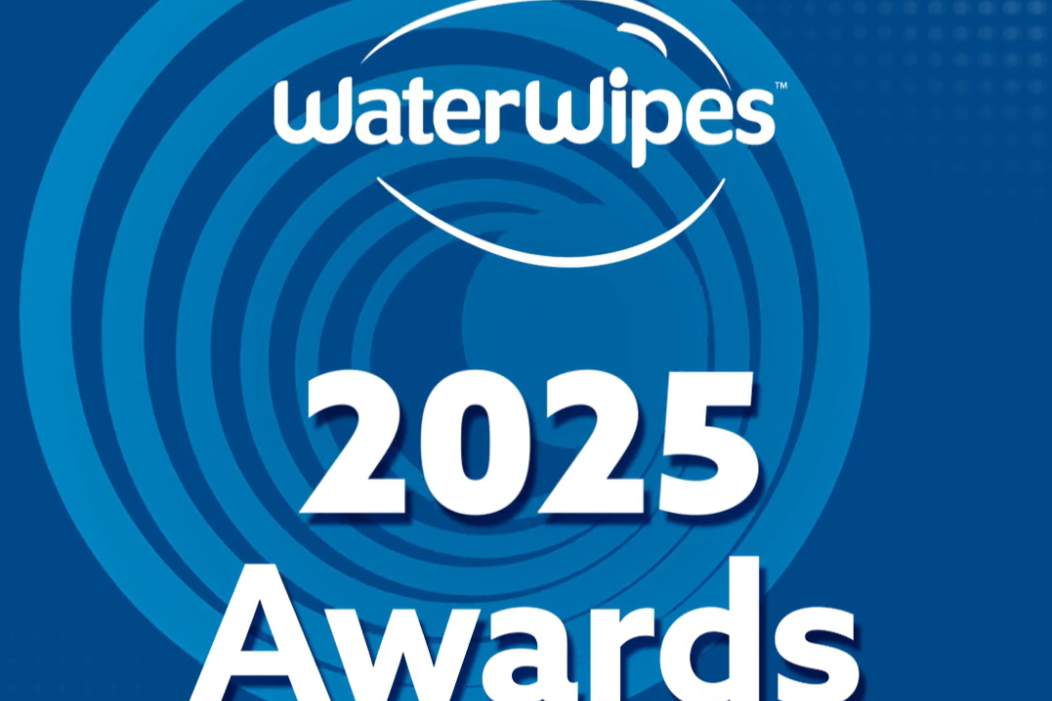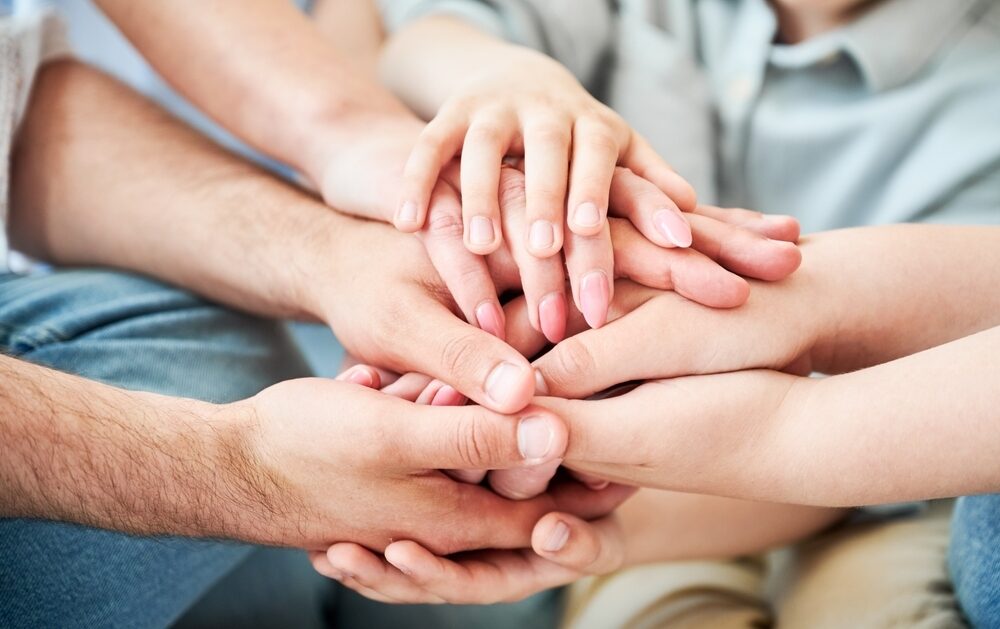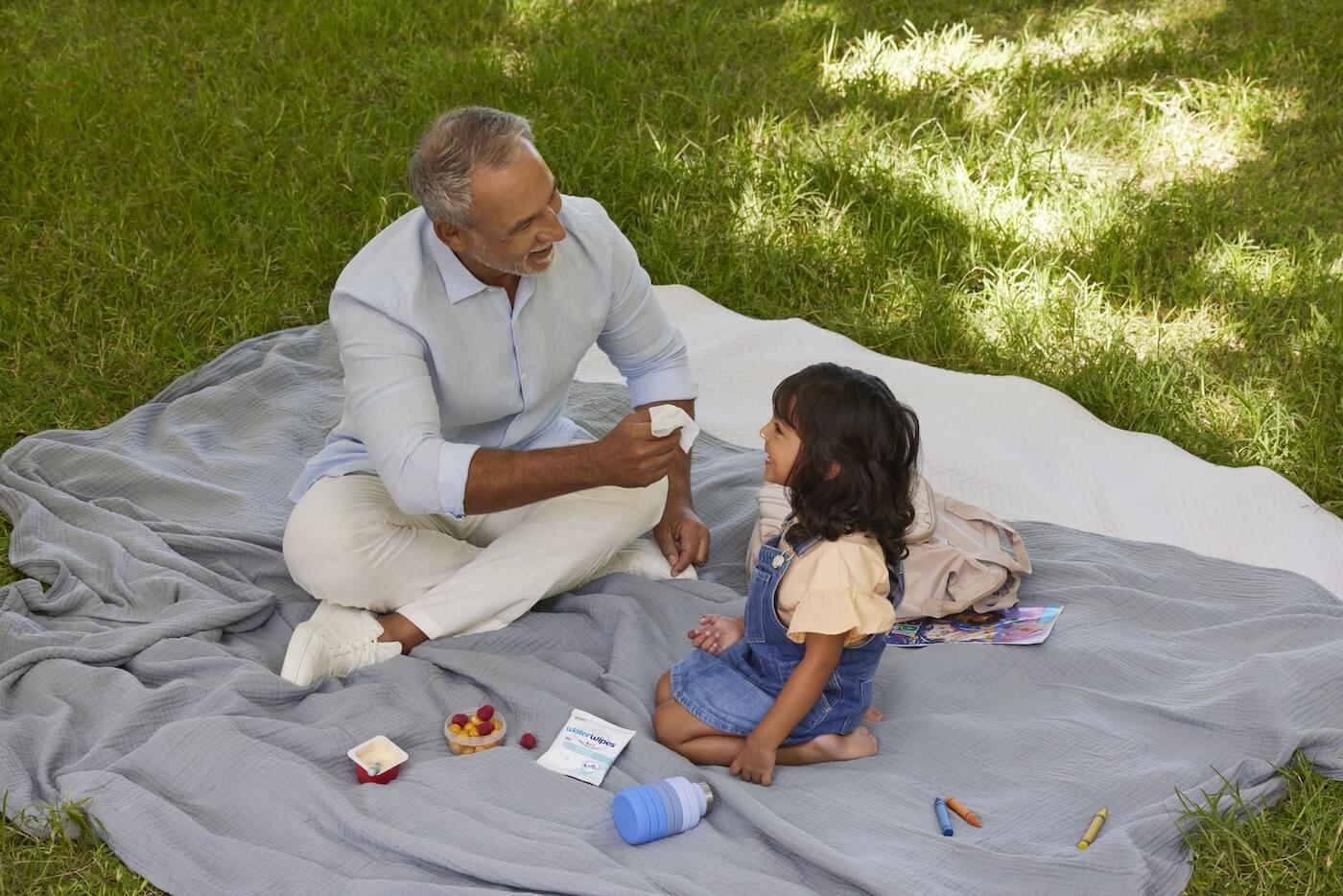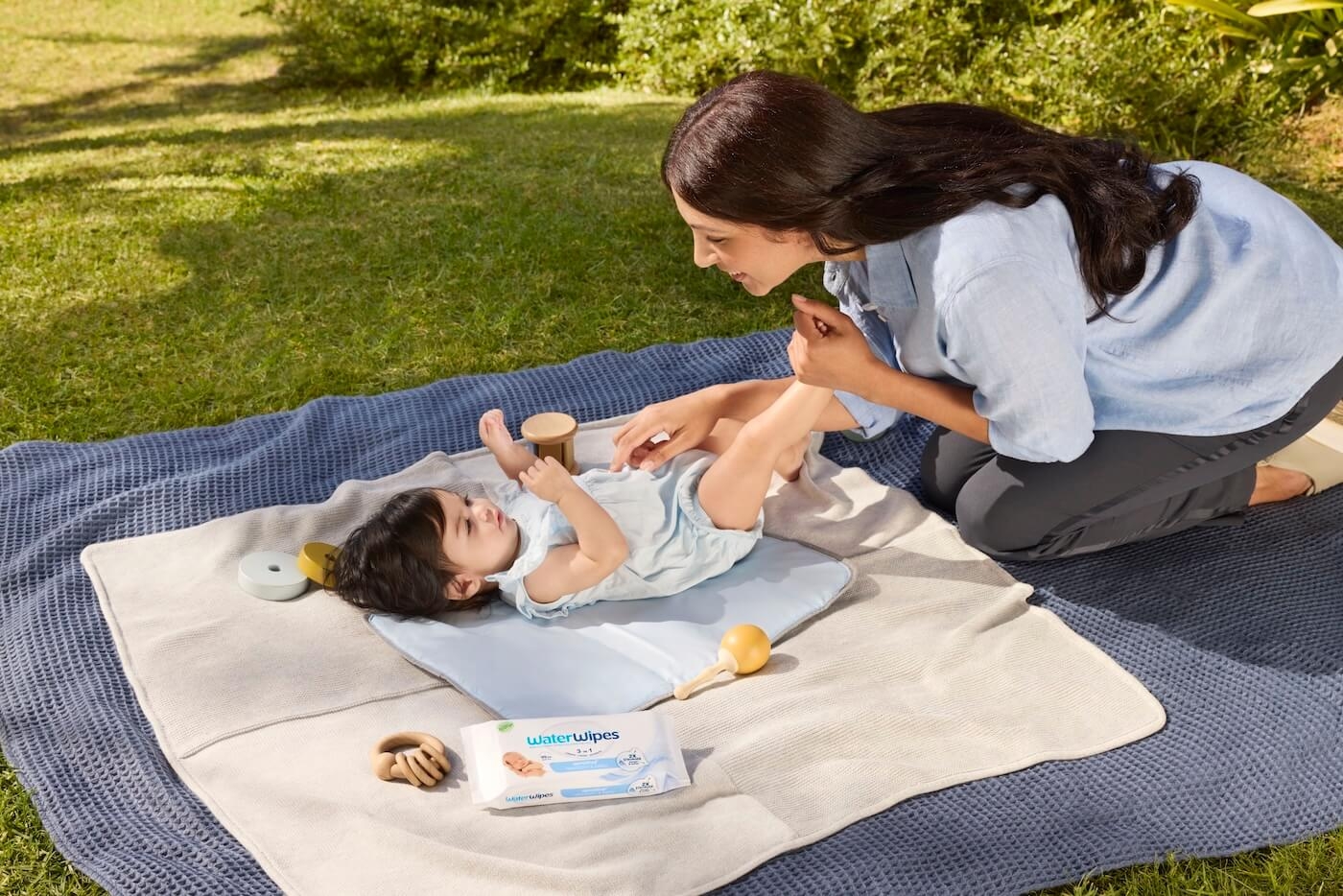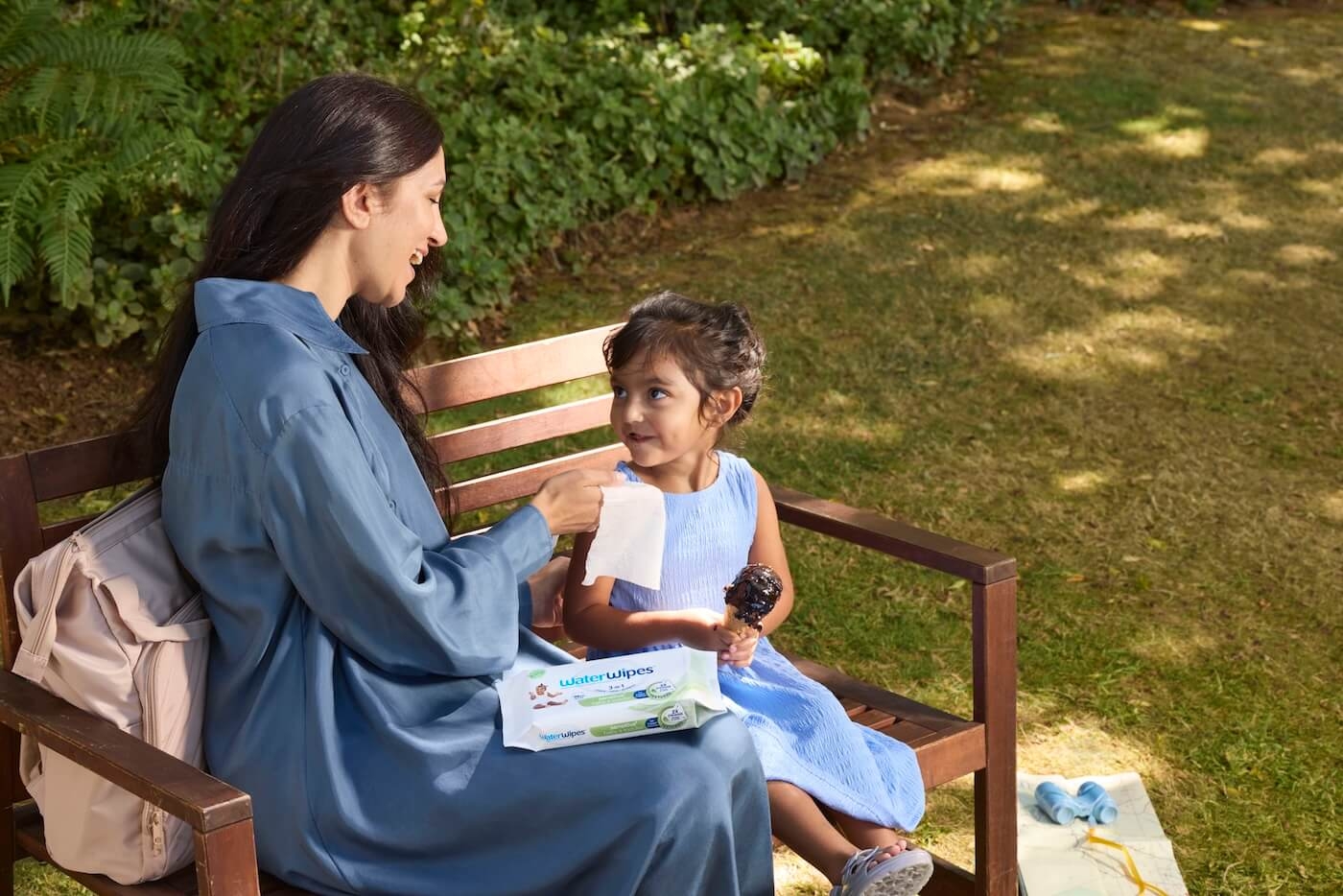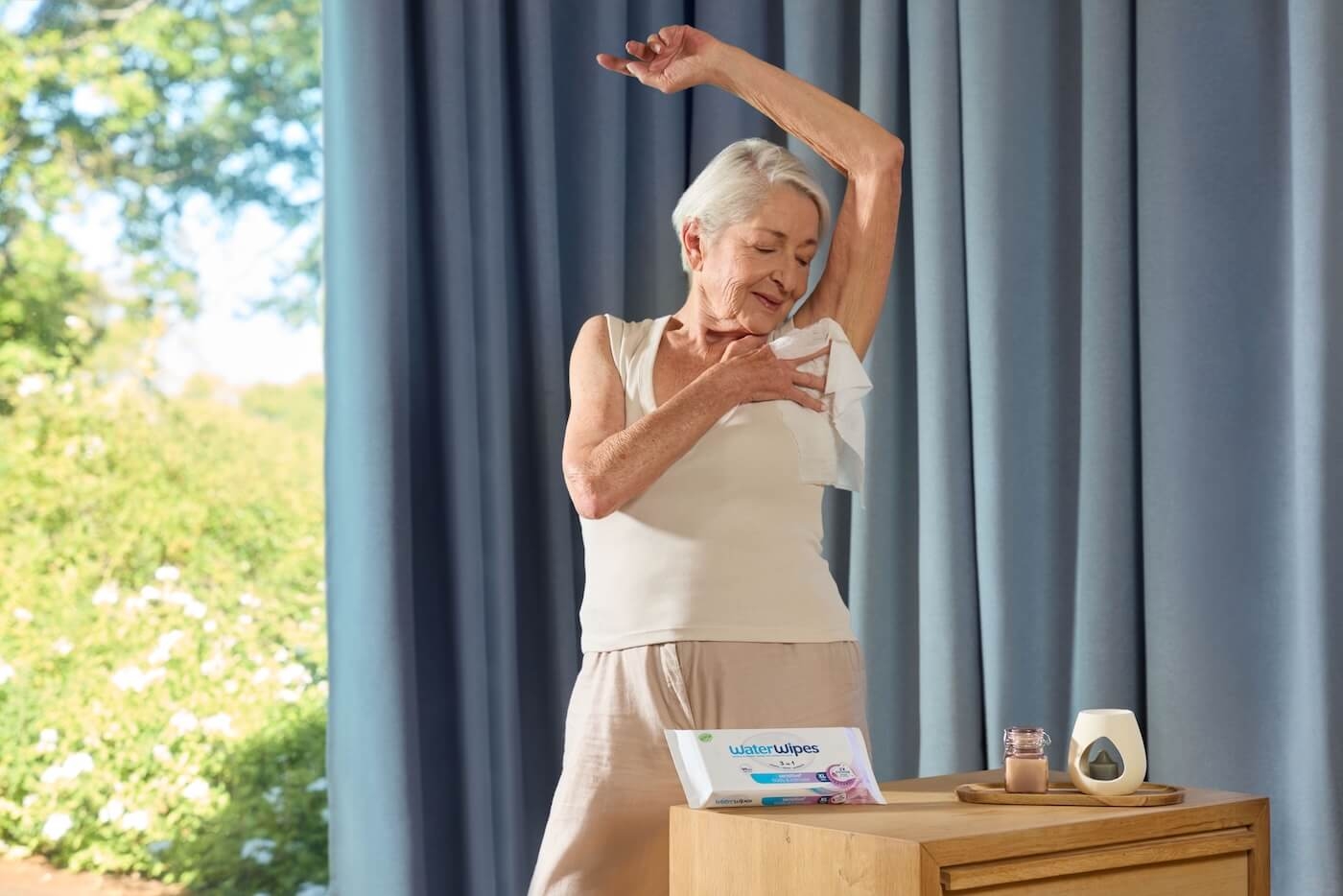Select your region
-
Europe
-
Americas
-
Africa and Middle East
-
Asia Pacific
References
- National Institute of General Medicine. Circadian Rhythms fact sheet. (2020) https://www.nigms.nih.gov/education/fact-sheets/Pages/circadian-rhythms.aspx
- CDC. NIOSH Training for Nurses on Shift Work and Long Work Hours. Nights Difficult. https://www.cdc.gov/niosh/work-hour-training-for-nurses/longhours/mod9/02.html
- Ferri P, Guadi M, Marcheselli L, Balduzzi S, Magnani D, Di Lorenzo R. The impact of shift work on the psychological and physical health of nurses in a general hospital: a comparison between rotating night shifts and day shifts. Risk Manag Healthc Policy. 2016;9:203-211
- https://doi.org/10.2147/RMHP.S115326
- National Heart, Lung and Blood Institute. Sleep Deprivation and Deficiency. https://www.nhlbi.nih.gov/health-topics/sleep-deprivation-and-deficiency
- Figueiro, M., White, R. Health consequences of shift work and implications for structural design. J Perinatol 33, S17–S23 (2013). https://doi.org/10.1038/jp.2013.7
- University of St. Augustine for Health Sciences. How to Work the Night Shift and Stay Healthy: 12 Tips. (2020)https://www.usa.edu/blog/how-to-work-night-shift-and-stay-healthy/
- CDC. NIOSH Training for Nurses on Shift Work and Long Work Hours. Create a Good Sleep Environment. https://www.cdc.gov/niosh/work-hour-training-for-nurses/longhours/mod6/02.html
- National Health Services. Seven Ways to Deal with Night Shifts. https://www.nhsprofessionals.nhs.uk/Joining-NHSP/Latest-News/Detail?Id=Seven-ways-to-deal-with-night-shifts
- Tucker, Sharon. Nursing, night shift, and nutrition. American Nurse. https://www.myamericannurse.com/nursing-night-shift-and-nutrition/
- CDC. NIOSH Training for Nurses on Shift Work and Long Work Hours. Sleep. https://www.cdc.gov/niosh/work-hour-training-for-nurses/longhours/mod9/06.html
Physicians, nurses, midwives and other healthcare workers are required to work night shifts due to the 24-hour nature of patient care and to ensure continuity of care. This can take social, physical and mental tolls on healthcare professionals. However, there are some tips to help providers prepare for a night shift, cope with some of the common challenges and try to reduce or minimise the impact.
Impact of Working Night Shifts
Working the night shift is difficult for healthcare professionals. It can add significant stress to their personal lives and relationships, and it can affect their physical and mental health and well-being.
From a social perspective, working the night shift can interfere with personal relationships, especially since many family members or friends will be awake during the daytime when healthcare professionals will be asleep. It can impact healthcare professionals’ ability to make social plans due to the conflicting schedules and spending quality time with their friends and family, which can put a strain on relationships. Healthcare professionals with children will also have to ensure they have overnight childcare while they are working.
The night shift also can take a serious toll on their physical health. It can disrupt their body’s circadian rhythms, which are physical, mental, and behavioural changes that follow a 24-hour cycle; and these processes are affected by the natural light and dark cycles of the day.1 The body is naturally driven by being awake during the day and sleeping at night, which is what makes the night shift particularly difficult.2
Disruptions to the circadian rhythm can affect healthcare professionals’ health and influence important functions in their bodies, including the release of hormones, eating habits, digestion and body temperature.1 Working the night shift can result in healthcare professionals experiencing chronic fatigue, changes to sleep, insomnia and excessive day sleepiness.3 Sleep is important for good health and can help the brain work properly, heal and repair the heart and blood vessels, affects how the body reacts to insulin and keeps the immune system healthy.4 Working rotating night shifts can also lead to more serious health conditions, including increased risk for metabolic syndrome, diabetes, cardiovascular disease and cancer,5 all of which have long-term impacts on health, well-being and quality of life.
From a mental health perspective, working the night shift can increase emotional or mental distress. Healthcare professionals may experience increases in altered mood, irritability and sensitivity.3 In some cases, they also may experience more serious conditions such as anxiety, obsessive-compulsive disorder or paranoid disorders.3
The social, physical and mental health impacts also have a detrimental impact on healthcare professionals’ job performance and satisfaction. It can affect their concentration at work due to chronic fatigue or lack of sleep,3 which can potentially result in not providing the best care to patients and mistakes. It can increase the likelihood of absence due to sickness, job turnover and attrition.3
How to Prepare for the Night Shift
For healthcare professionals working the night shift, the length of night shifts will vary, but there are generally some common shift patterns. For example, HCPs may work 7 nights on and receive 5 days off work or they may work 3 nights on and have 4 days off. When working multiple nights in a row, healthcare professionals can make their lives a little easier by planning ahead.
Tips to prepare for night shifts:
- Grocery shopping at the start of the week and planning meals and snacks ahead of time can ensure healthcare professionals can focus on sleeping between shifts when they are at home.
- Communicating with family members or housemates on the night shift schedule can ensure the house remains quiet during the day so healthcare professionals can sleep during the day.6
- Create a schedule for your personal and social life that incorporate your household tasks such as cleaning or cooking and make sure to carve time out for self-care activities like exercise and time with family and friends.6
- Setting up a good sleep environment that is dark, quiet and comfortable to help improve the quality of your sleep.7 This can be done by blocking out light coming in through windows with heavy curtains and removing sources of white or blue light in your bedroom such as a clock, cell phone or TV.7 Healthcare professionals also can use earplugs or a white noise machine to block out sounds and can make sure family members or housemates don’t disturb their sleep.7
Tips During the Night Shift
Healthcare professionals can follow tips to help them cope with working night shifts, including:
- Wear comfortable clothes and shoes
- Take a 10-20 minute nap during your break.8 This can help boost energy and keep your mind focused.
- Talk with your fellow night shift colleagues to help you stay alert and get through the shift.7
- Drink plenty of water to stay hydrated.8
- Eat smaller, more frequent meals8 to stay nourished.
- Avoid foods that are high in fat and high in sugars and carbohydrates, as these can affect energy levels and fatigue.9
- Have caffeine prior to the start of a night shift to help you stay awake but avoid caffeine 4 to 6 hours before you plan to sleep, so it doesn’t interfere with sleep at home.9
How to Reset Your Body Clock After Working Night Shifts
Working a series of night shifts and switching back to day shifts can be challenging and it can disrupt your body clock or circadian rhythm. There are a few strategies that healthcare professionals can consider employing to help reset their body clocks, including:
- Consider developing a compromise sleep schedule to create consistency with your sleep times.10 For example, when you’re working night shifts and get home in the morning (7 or 8 a.m.), sleep for as long as you can.10 On your days off, you can try to adjust your sleep schedule by staying up until the middle of the night (3 or 4 a.m.) and sleeping in until midday (12 or 1 p.m.). 10
- Avoid staying up for long hours of time at the start and end of a series of night shifts.10 For example, staying up all day before the first night shift or staying up the entire day after the last day of a series of night shifts.10 Being awake for too many hours can increase the risk for accidents or injuries and can increase the risk of chronic sleep deprivation.10


